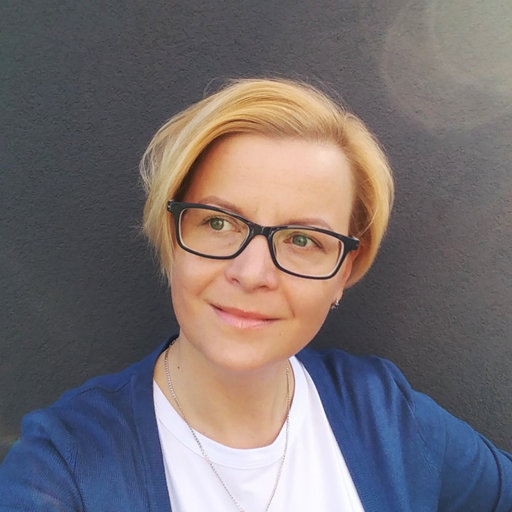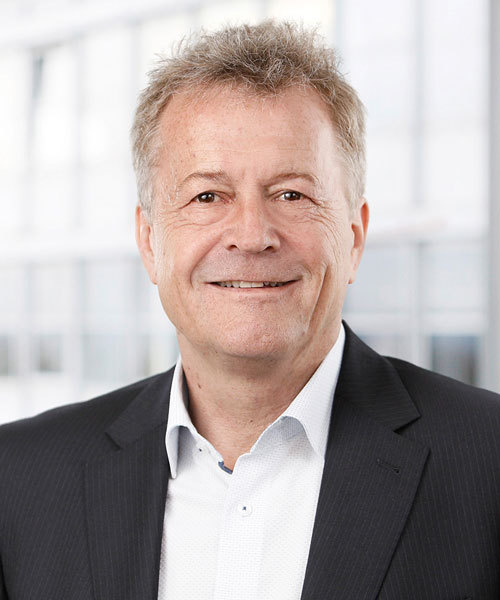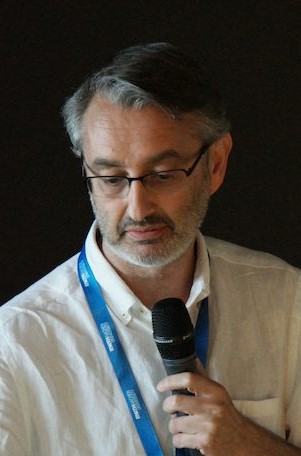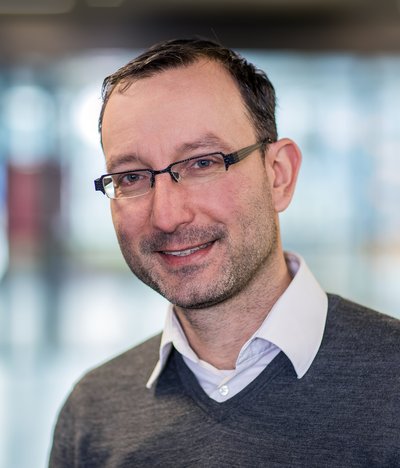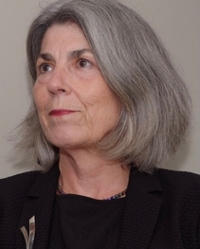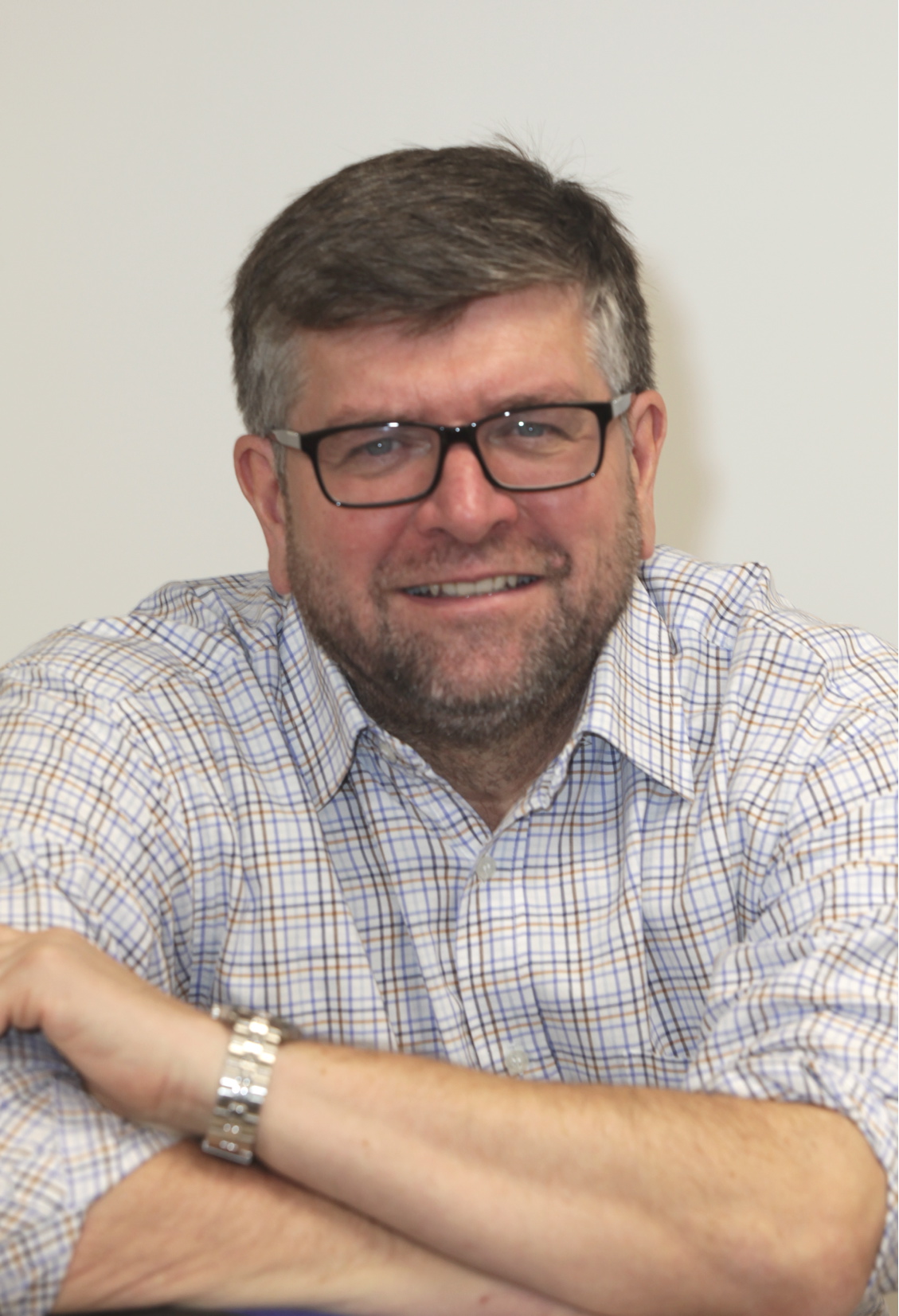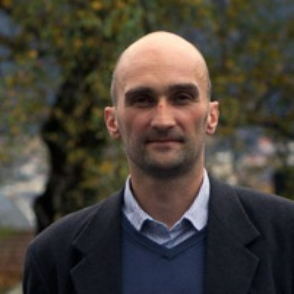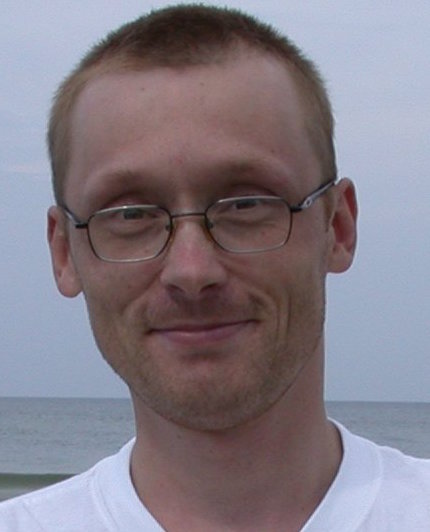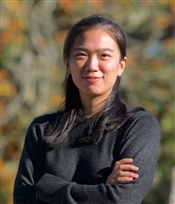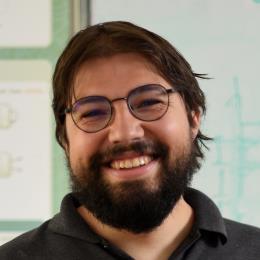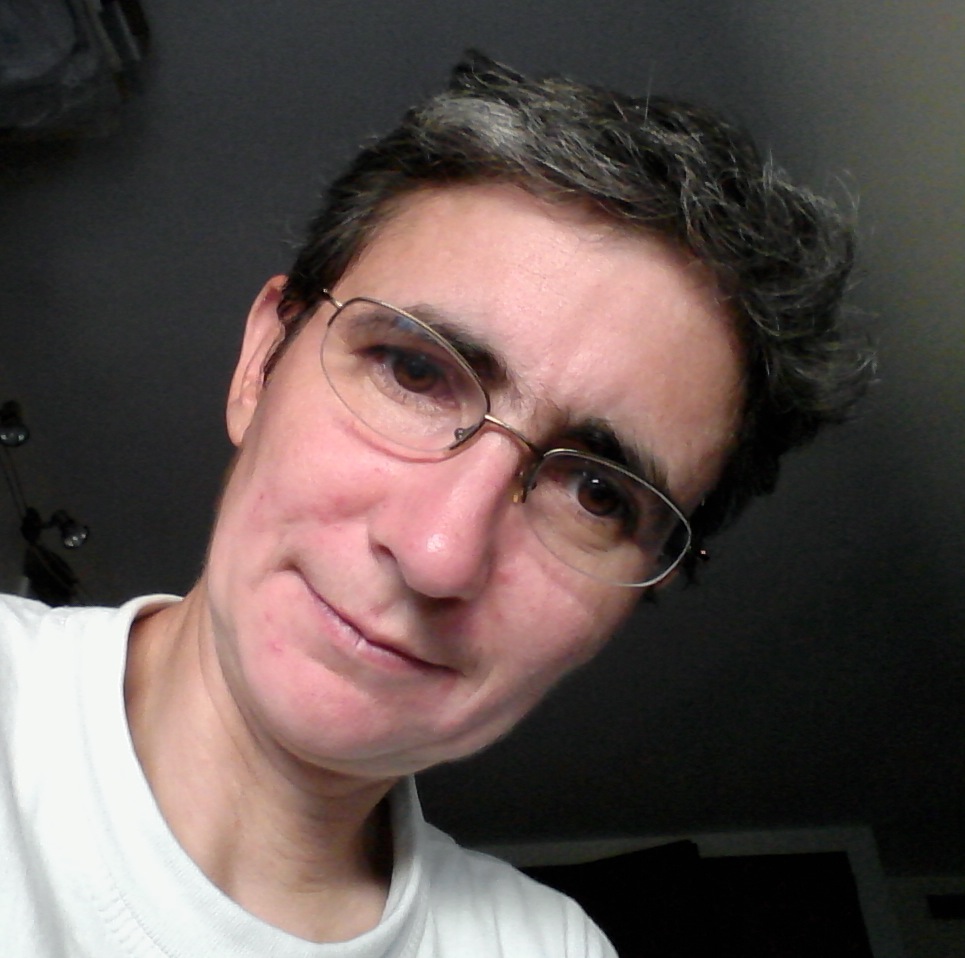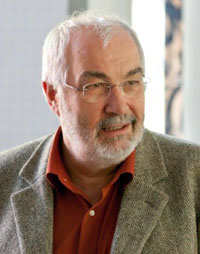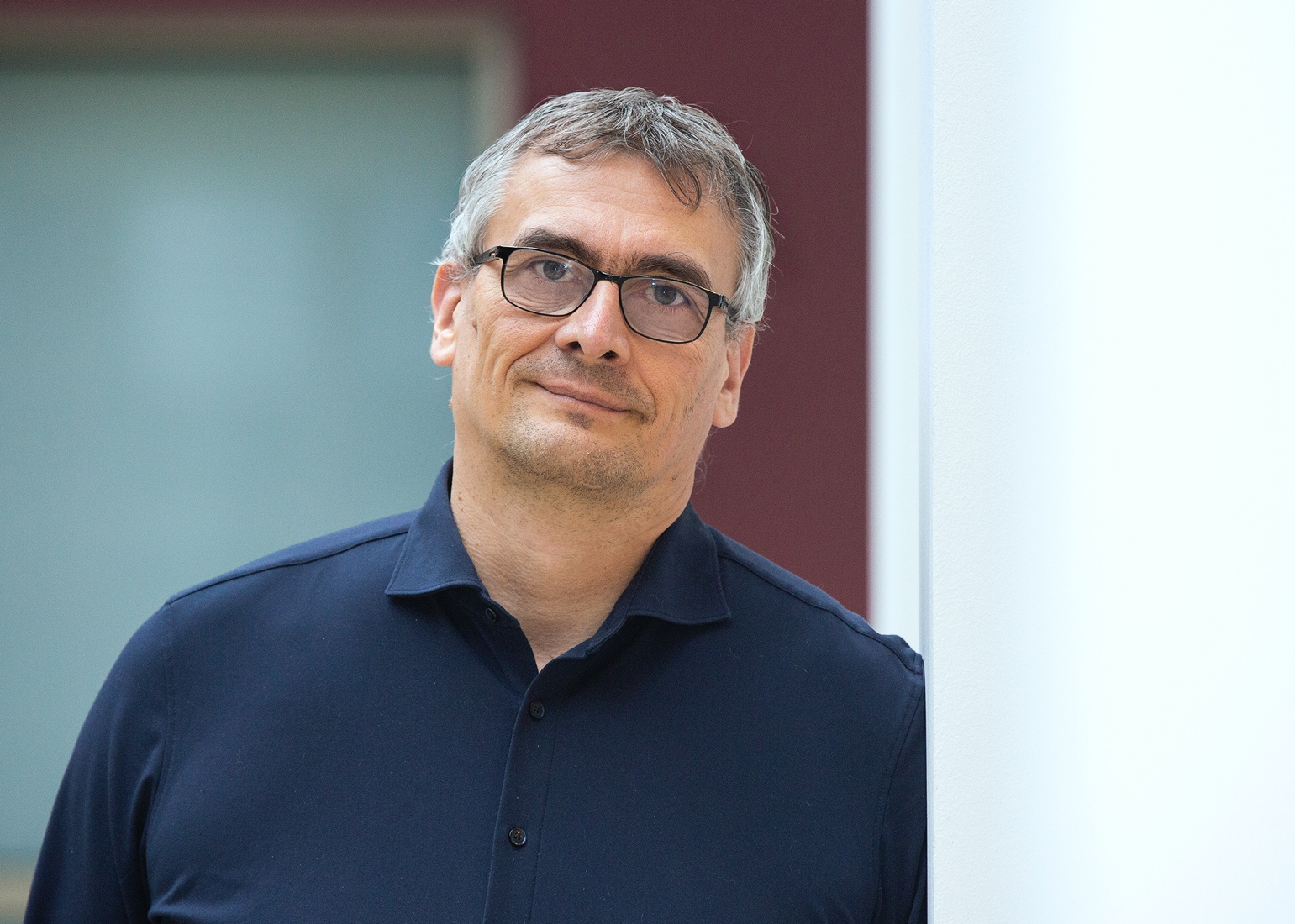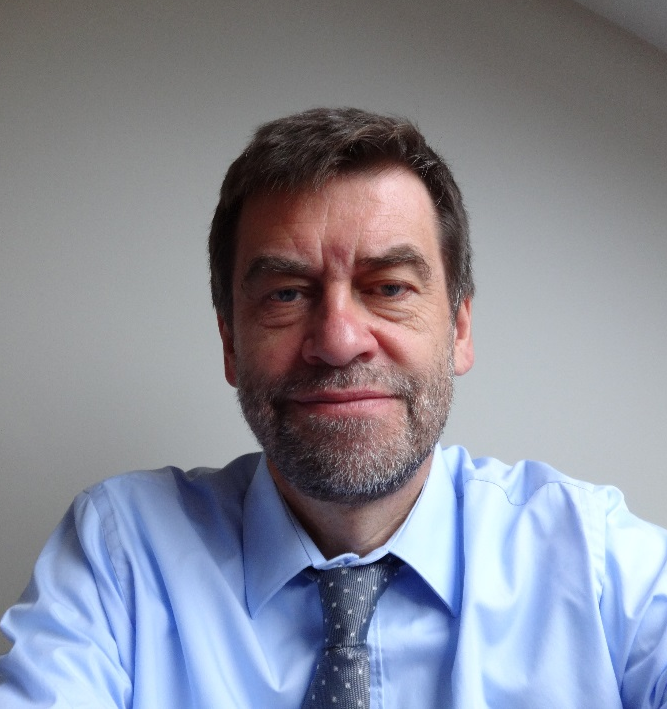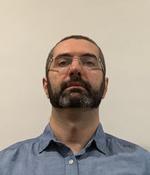
Elvio G. Amparore is an Assistant Professor (Ricercatore RTD-B) at Computer Science Dep. of the Università degli Studi di Torino. He is a member of the System and Service Quality group, focused on the analysis of performance, reliability, security, scalability, and availability of complex systems. He is also part of the GreatSPN (https://github.com/greatspn/SOURCES) development team, a software package for the modeling, validation, and performance evaluation of distributed systems using Generalized Stochastic Petri Nets and their colored extension, Stochastic Well-formed Nets.
He is a member of the Inf-Q/CINI Working Group on System and Service Quality. His research is currently focused on formal models, performance evaluation, Model Checking techniques, data analysis and explainable machine learning. Moreover, he works on numerical optimization of combinatorial data structures (decision diagrams) used in classical Model Checking, as well as numerical linear algebra optimization for stochastic analysis of Discrete Event Systems, both in collaboration with Iowa State University (IA, USA).
Topics covered:
Model-based validation and evaluation of systems using Stochastic Petri nets (SPN):
- SPN as a stochastic extension of Petri nets with priorities and inhibitor arcs
- model-based evaluation (model construction; qualitative properties; quantitative properties)
- compositional techniques
- coloured Petri nets (specification of systems where multiple components have similar behaviour)
- structural analysis (P- and T-semiflows, bounds, siphons and traps)
- model checking (LTL, CTL and CTL* properties)
- decision diagrams
- Continuous Time Markov Chains (CTMC)
- stochastic logic CSLTA
- non-exponential delays for transitions
- experimentation using the tool GreatSPN
